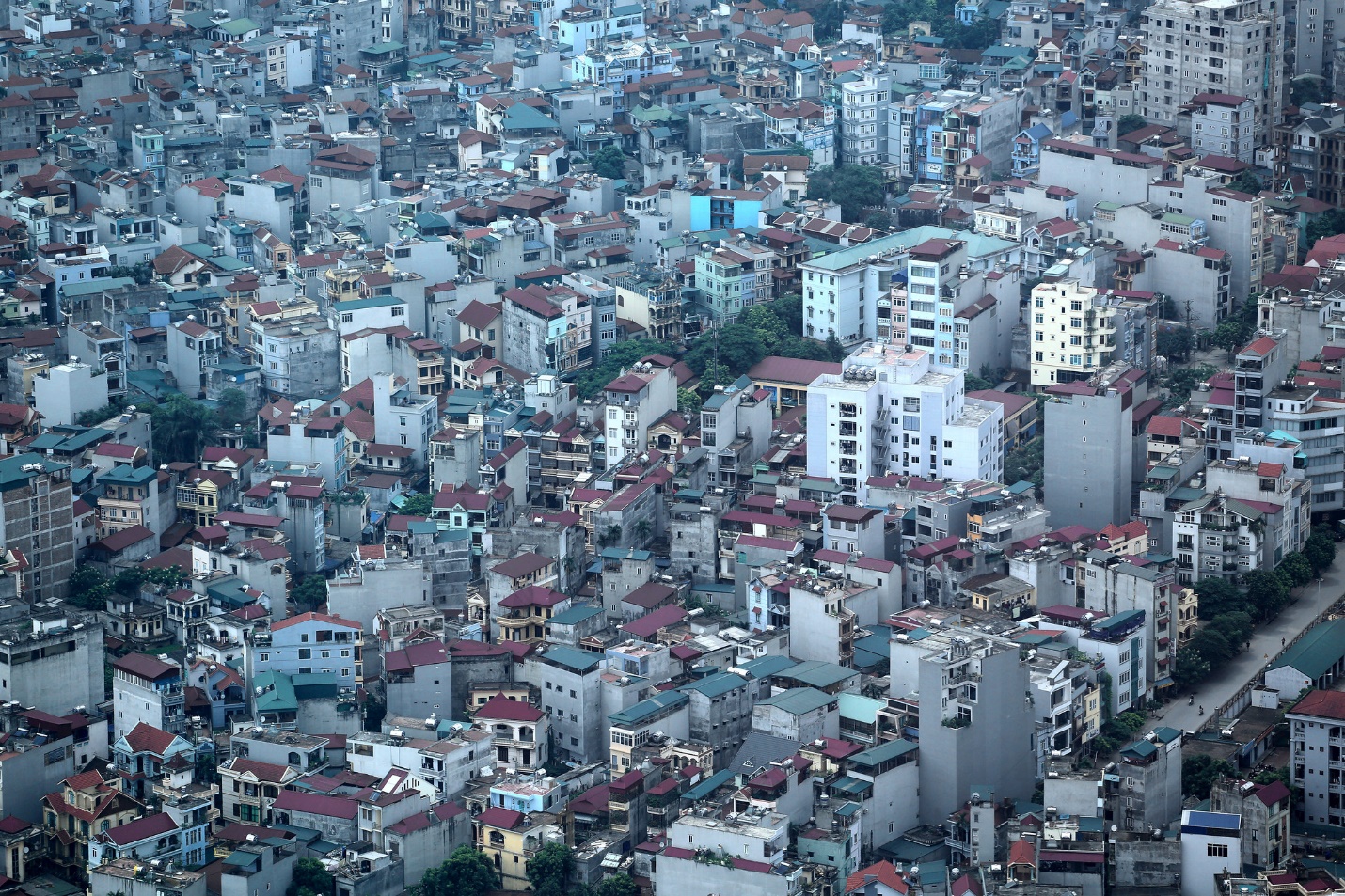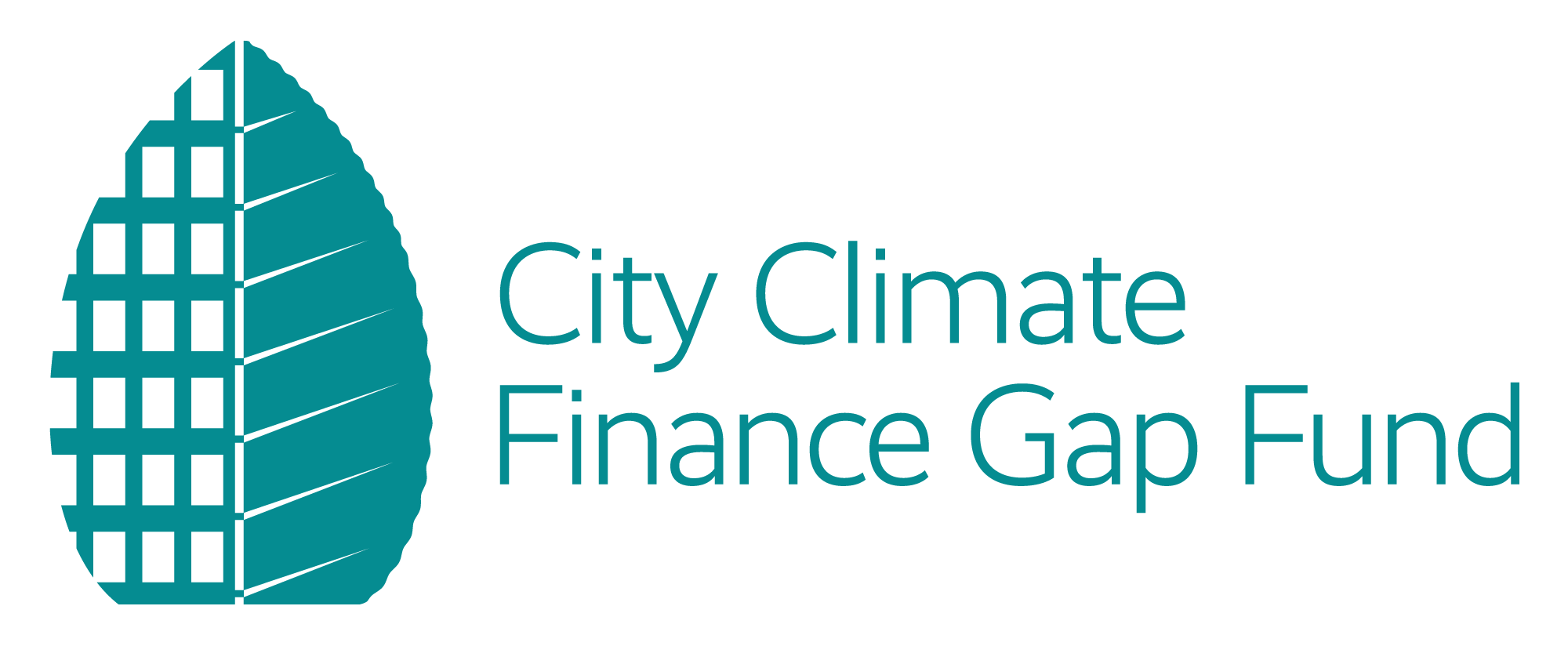City Climate Finance Gap Fund Approves First Round of Grants for Nine Cities

The City Climate Finance Gap Fund approved its first batch of technical assistance grants totaling $1.8 million to help nine cities transform their climate ambitions into finance-ready projects.
The grants are supporting cities in India, Mexico, Ethiopia, Morocco, Democratic Republic of Congo, Vietnam, and Kosovo as they identify the sources of urban greenhouse gases (GHGs), design scenarios to see how urban growth and form will affect future GHGs and prioritize critical policies and infrastructure investments.
The grants will also facilitate coordination between local and national level climate change action planning to help build low-carbon, resilient, and livable cities.
The Fund aims to bridge a critical gap in the climate finance space for cities. As the world continues to urbanize, how cities are built and managed will determine the trajectory of GHG emissions. Although cities occupy only two percent of global land area, they account for over 70 percent of global GHG emissions. That share is projected to grow, making it critical for governments to take lasting measures to curb GHG emissions and push back against climate change.
A green, resilient recovery will largely be an urban one and will need to take the effects of rapid urbanization, GHG scenarios and urban planning into consideration. As countries set the stage for building back in a resilient, sustainable and inclusive way after the COVID-19 crisis, city leaders and local governments are looking to define investment strategies and prioritize infrastructure to promote resource efficiency, clean mobility, resilience, carbon neutrality and vitalized urban areas. Low carbon, climate-resilient urban planning is a critical first step.
In the first batch of cities, these activities involve the following:
- Kinshasa, the Democratic Republic of Congo: to help identify and prioritize investments in nature-based solutions (NBS) and greening of Kinshasa namely in public buildings, public spaces and street design, to reduce emissions, enhance resilience and improve livability particularly in low income and vulnerable neighborhoods.
- Addis Ababa, Ethiopia: to integrate climate smart capital investment plans into urban development planning, and prepare an integrated action plan including policy actions, prioritized investments and increased institutional capacity for green, climate-resilient urban development.
- Tulum and San Cristobal City, Mexico: to accelerate low-carbon, climate resilient development through the design and execution of multi-sector, area-based investment programs geared towards the regeneration of neighborhoods. The plan also includes developing guidelines for investments under the National Urban Upgrading Program to strengthen these cities’ climate mitigation and adaptation potential.
- Ahmedabad, India: to detect key institutional, financial, infrastructure and service delivery barriers and help the city identify and adopt low-carbon, climate smart solutions for expanding urban infrastructure services and managing urban growth.
- Vihn and Ha Tinh, Vietnam: to develop climate-smart action plans outlining specific activities to reduce GHG emissions, including investments, policies, and actions.
- Pristina, Kosovo: to strategically plan for and invest in low-carbon and climate-resilient urban development, including support to analyze spatial development patterns such as urban form, density and land use as well as early stage project preparation.
- Fez, Morocco: to support national and local authorities with developing climate action plans at the territorial and city level and identifying low-carbon and resilience investments, including a GHGs emissions inventory and vulnerability assessment at the regional level and piloting a dynamic scenario planning assessment for the city.
Key aspects of this first round of technical assistance include helping cities build their GHG inventories scenarios based on urbanization pathways; identifying and prioritizing a pipeline of green urban infrastructure investments; identifying institutional, governance and financial constraints and solutions to scale up low-carbon and climate resilient urbanization and supporting strong coordination between urban level and national level climate change action planning.
The Gap Fund aims for these city level pilots to help provide a blueprint on how to address climate change mitigation and adaptation at the city level as an example for other cities and help mainstream GHG mitigation in urban areas through learning by doing and replicating lessons and best practices.
The World Bank and the European Investment Bank are implementing the City Climate Finance Gap Fund, a new partnership supporting green, inclusive, resilient, creative, and competitive cities in developing countries. Through donor support, technical assistance, and targeted finance of at least €100 million, the Gap Fund aims to unlock an estimated €4 billion to help cities transform climate ambition into finance-ready projects.
